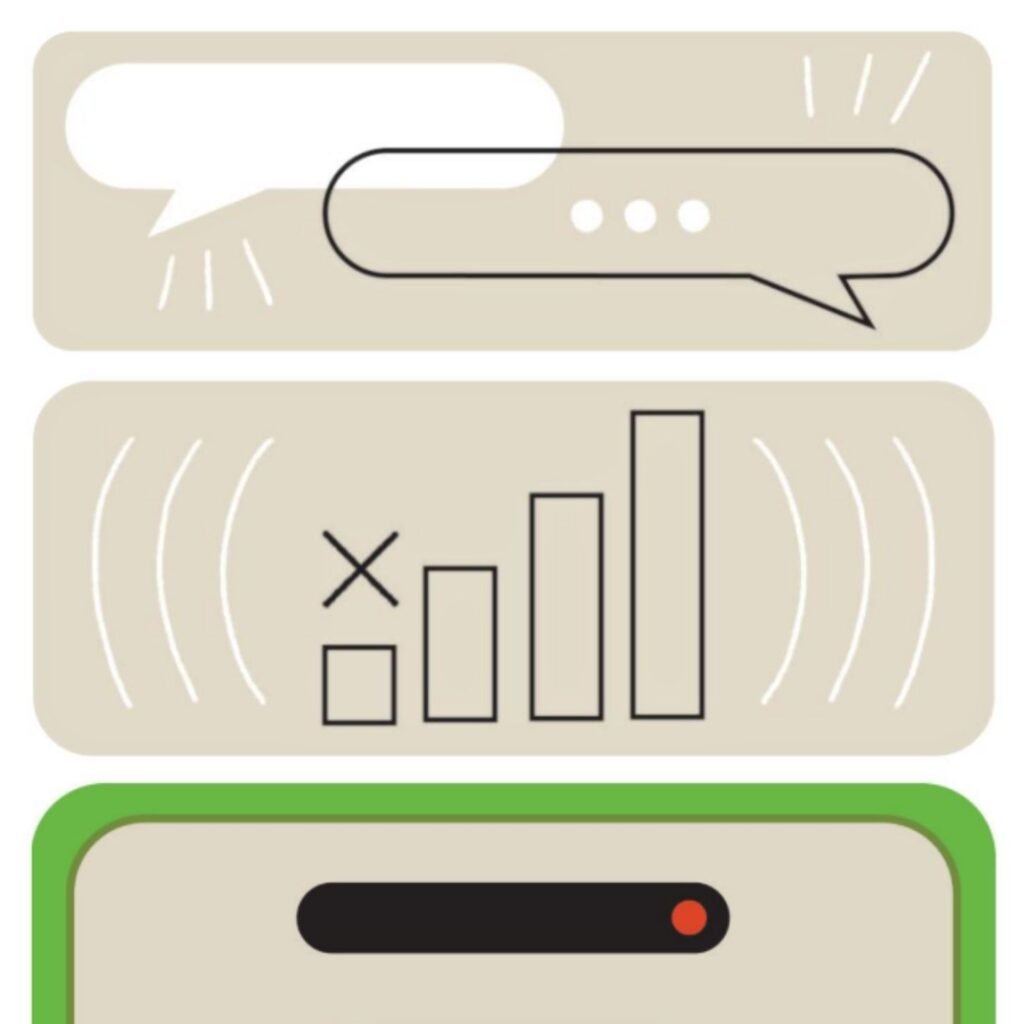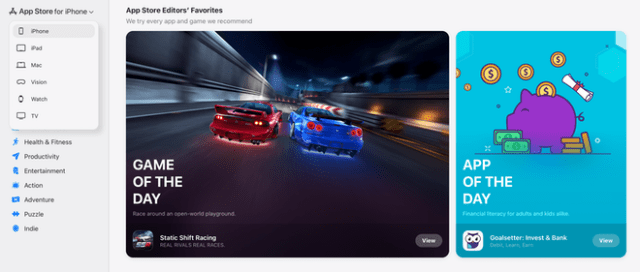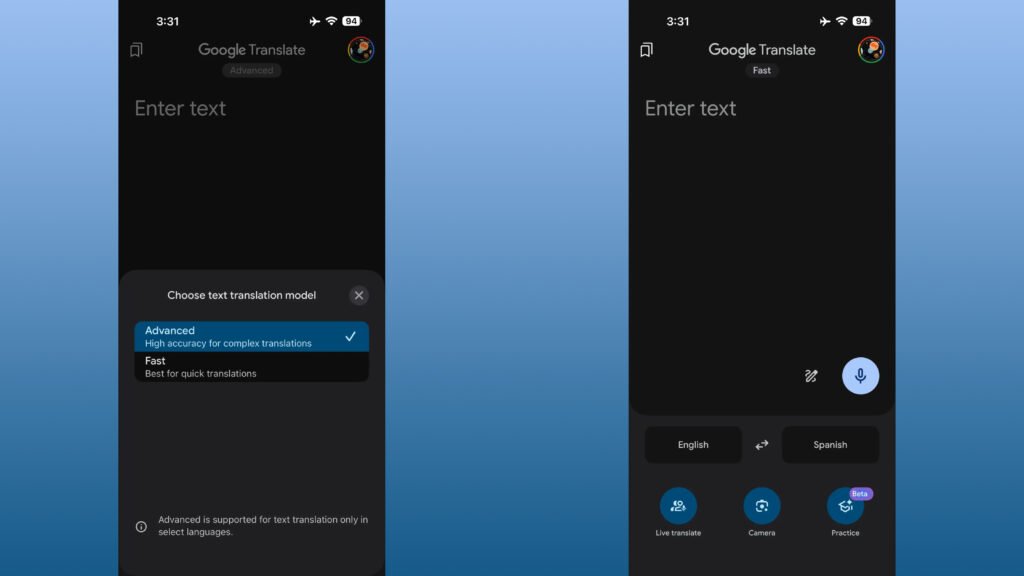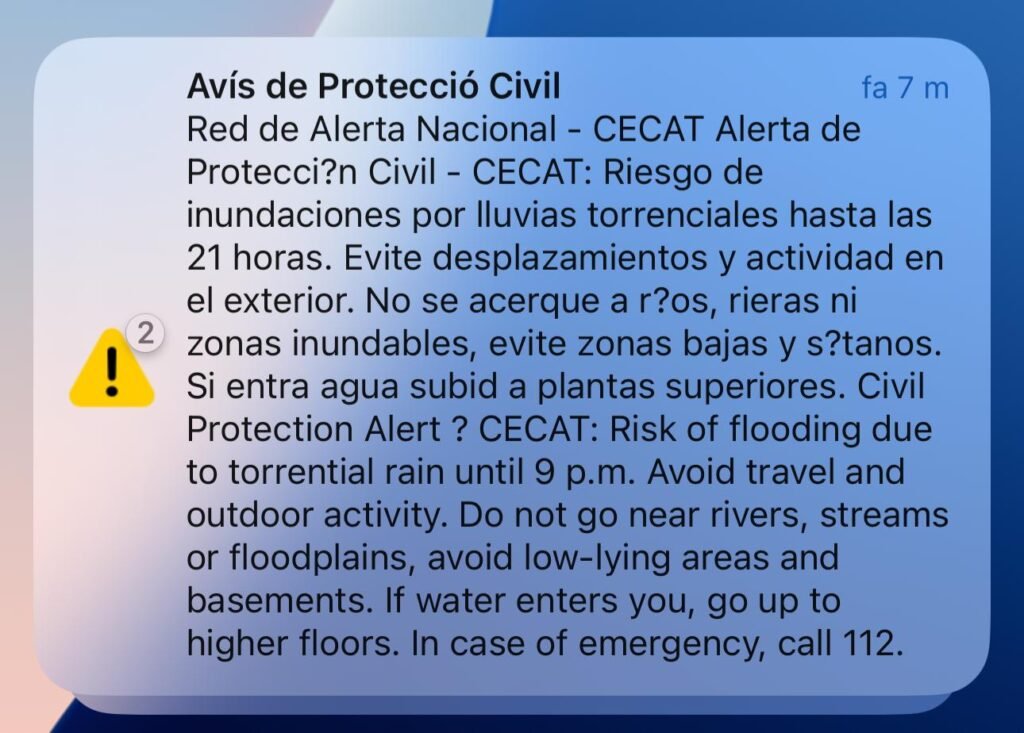Getting takeout has never been easier. But many Brookline residents say that convenience is increasingly posing a danger to pedestrians and bicyclists.
Delivery apps like DoorDash, Uber Eats and Grubhub can bring your favorite restaurants to your doorstep. But some Brookline residents say delivery drivers on mopeds, electric bikes and electric scooters are driving recklessly to earn more income.
A surge in higher-powered e-bikes has changed how cyclists, motor vehicles and pedestrians share the streets. Residents are unclear where mopeds and e-scooters, which many delivery drivers use and can reach up to 30 mph, belong in traffic.
The Class 1 e-bikes found at Bluebike stations are pedal-assist only and shut off when riders reach 18 mph. Class 2 and 3 e-bikes are throttle-assisted, with maximum assisted speeds of 20 and 28 mph, respectively.
Jonathan Klein, a town meeting member and longtime Brookline resident, said high-powered e-bikes shouldn’t share bike lanes with traditional cyclists.
“I think we need to keep creating more segregated bike lanes with really clear signage about who’s allowed in them and who’s not,” Klein said. “Class 3 electric bikes that are really more like mopeds should be riding on the streets, not in bike lanes.”
Mopeds are allowed in bike lanes and public ways under state law but are restricted from recreational paths. E-bikes are allowed everywhere traditional bikes are, except natural surface trails, which are determined by local jurisdictions, according to MassBike.
Delivery drivers “tend to be worse than other e-bikes,” Klein said. “They’re always on a schedule. They’re always in a hurry.”
Neil Wishinsky, who has lived in Brookline for 40 years and is a former Select Board member, shared that sentiment.
“I’ve seen motorized scooters with license plates in bike lanes blowing through red lights, and that’s not right,” he said. Wishinsky said gas-powered motorbikes are “an abuse of bike lanes.”
Samantha Ramirez, a spokesperson for DoorDash, wrote in a statement that the company seeks to ensure the safety of drivers and pedestrians, and “does not incentivize speeding.”
“The overwhelming majority of Dashers do the right thing and like everyone else, follow the rules of the road,” she wrote.
In Boston, a proposal from Mayor Michelle Wu that passed the City Council earlier this year will require third-party delivery apps to get a permit, prove that their drivers have liability insurance and provide the city with delivery data. Brookline town leaders have said they are watching the program, which is designed to crackdown on unsafe driving, closely.

While residents emphasized delivery drivers in their complaints, some called for safer driving practices from mopeds, e-scooters and e-bikes overall.
Chris Uminski, 35, lives in Jamaica Plain and said he often worries for his own safety when encountering delivery drivers on high-powered vehicles.
“If I didn’t notice them, I don’t think they would notice me,” he said. “Every time [delivery drivers are] zipping through traffic, through traffic lights, doing U-turns in the middle of rush hour.”
Jonathan Phillips, 33, member of the Pedestrian Advisory Committee, often cycles in Brookline. Phillips, along with Wishinsky and Klein, called for increased police presence and traffic enforcement to help curb unsafe practices from delivery drivers.
“I would like to see more of a police presence at some of the intersections that are particularly egregious,” Phillips said, referencing the intersection at Washington Street and Beacon Street as “the worst one,” he said.
Traffic officer Kevin Sullivan said Brookline police have seen an increase in complaints about mopeds and scooters on the street. The police department launched a Micro-Mobility Education Initiative in September, with the intent to educate residents on the rules for different modes of transportation.
Along with handing out informative flyers, Sullivan said police “started to have this campaign where officers on bikes will be assigned to certain intersections focused on making contact with violators, and in some cases even citing them.”
Notable areas include Harvard Street and Beacon Street, Washington Street and Beacon Street and Brookline Village, Sullivan said.
Jessica Chicco, chair of Brookline’s Immigrant Advancement Committee, expressed concerns about increased police presence on the street, however.
“We have to be really thoughtful about just jumping to kind of criminal enforcement, or increased traffic enforcement,” she said. “Criminal enforcement of traffic violations can lead to interactions with the criminal system, which for many people can have a disproportionate impact.”
Chicco said that disproportionate impact is “certainly true for non-citizens, as we have seen with, I think now, the three ICE arrests that have happened in Brookline.” Brookline.News has since reported on a fourth ICE arrest.
Asked about concerns for ICE exposure, Sullivan reiterated BPD’s emphasis on education through the department’s new initiative.
“I know people are concerned about that, but you know, that’s not what this is about,” he said. “This is about a safety initiative where we are trying to keep everyone safe.”
Maxim Sheinin, a town meeting member, said Brookline residents should consider priorities for enforcement. Sheinin uses an e-bike to commute to work in Cambridge and drop his two kids off at school.
“If we want greater enforcement of traffic rules, what should be the priority?” he asked. “It’s definitely not obvious to me that priority should be on, you know, the E bikes and mopeds.”
Emma Green, 22, a senior at Boston University living in Coolidge Corner, said while she often encounters delivery drivers, she worries more about how cars react to mopeds.
“If they’re in my blind spot, and I don’t see them, it would take two seconds, and I could just kill them,” she said. “I am worried for their safety more so than my own.”
Klein said he hopes the blame for unsafe driving practices isn’t being placed entirely on the individual drivers.
“Because of the economic structure of their industry, they’re under huge amounts of pressure to save time, because that’s how they can make a decent living,” he said. “They’re not paid enough.”
While some delivery apps offer an optional hourly pay option, delivery drivers from Uber Eats, DoorDash, and Grubhub are all primarily paid by delivery.
Though many residents shared their concerns about unsafe practices from delivery drivers, they also largely spoke in favor of sharing the roads and expanding Brookline’s infrastructure to prioritize bikes and e-bikes.
“I often feel like the conversation is trying to pit bicyclists and pedestrians against mopeds and E-bikes, when the reality is that we can have multimodal transportation,” Phillips said. “But we can’t just let the cars be king.”
This article is part of a partnership between Brookline.News and the Boston University Department of Journalism.







